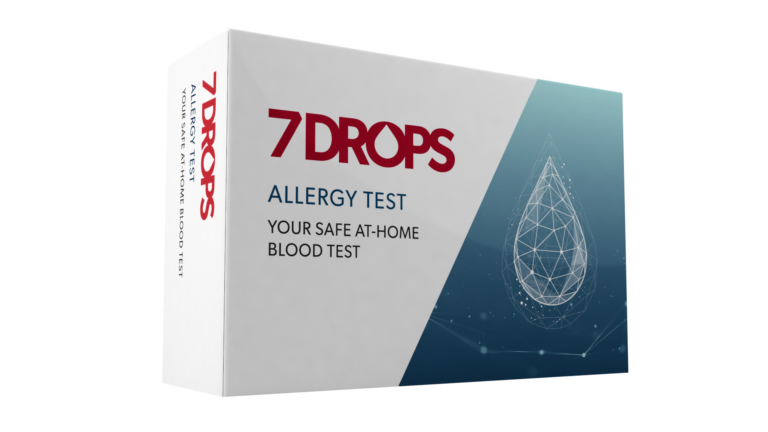

Mould or mildew is an umbrella term for a large number of fungal species. Mould is a microbe that causes the degradation of natural elements. In other words, mould causes food to spoil and damages possessions, such as walls or furniture.
Where does mould usually hide? There are some obvious, but also less obvious places where mould likes to hide:
The following types of mould often cause allergic symptoms in sensitised patients:
7DROPS tests for 12 different mould allergens, including all those in the list above. For a complete list of all allergens tested, click here.
Contact with mould spores can trigger the following allergy symptoms:
In addition, contact with mould spores can also trigger allergic asthma, which manifests itself in the following symptoms:




